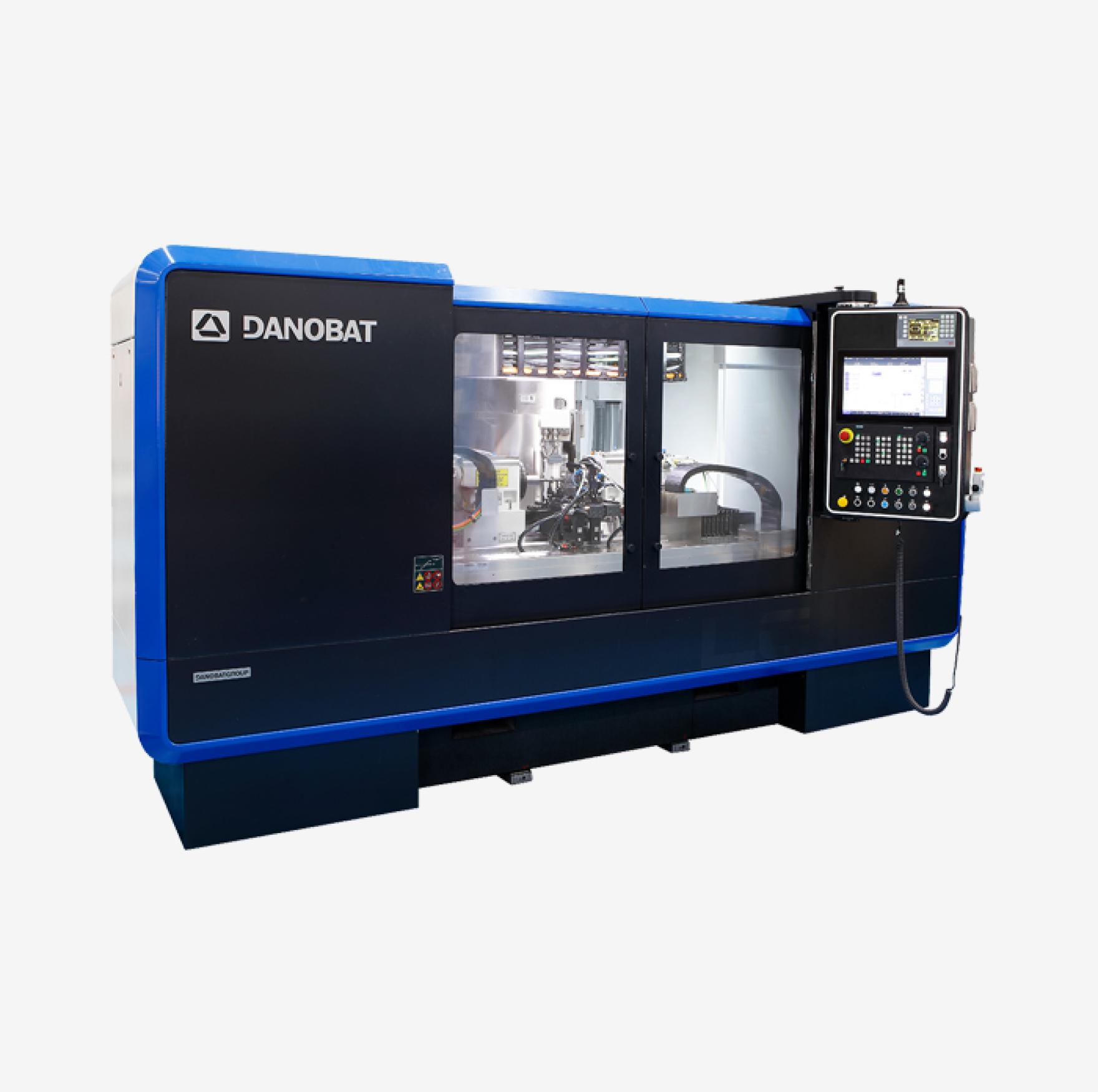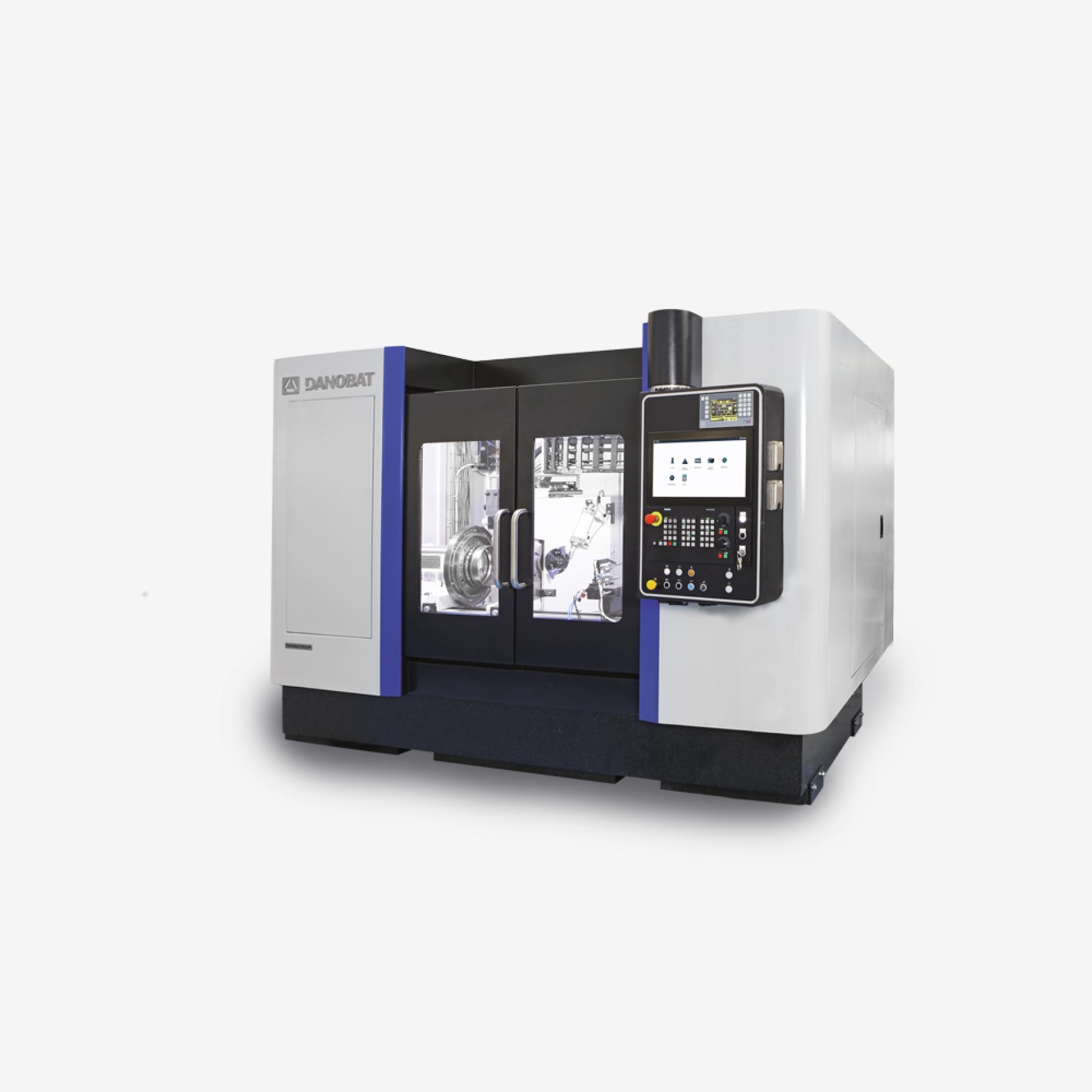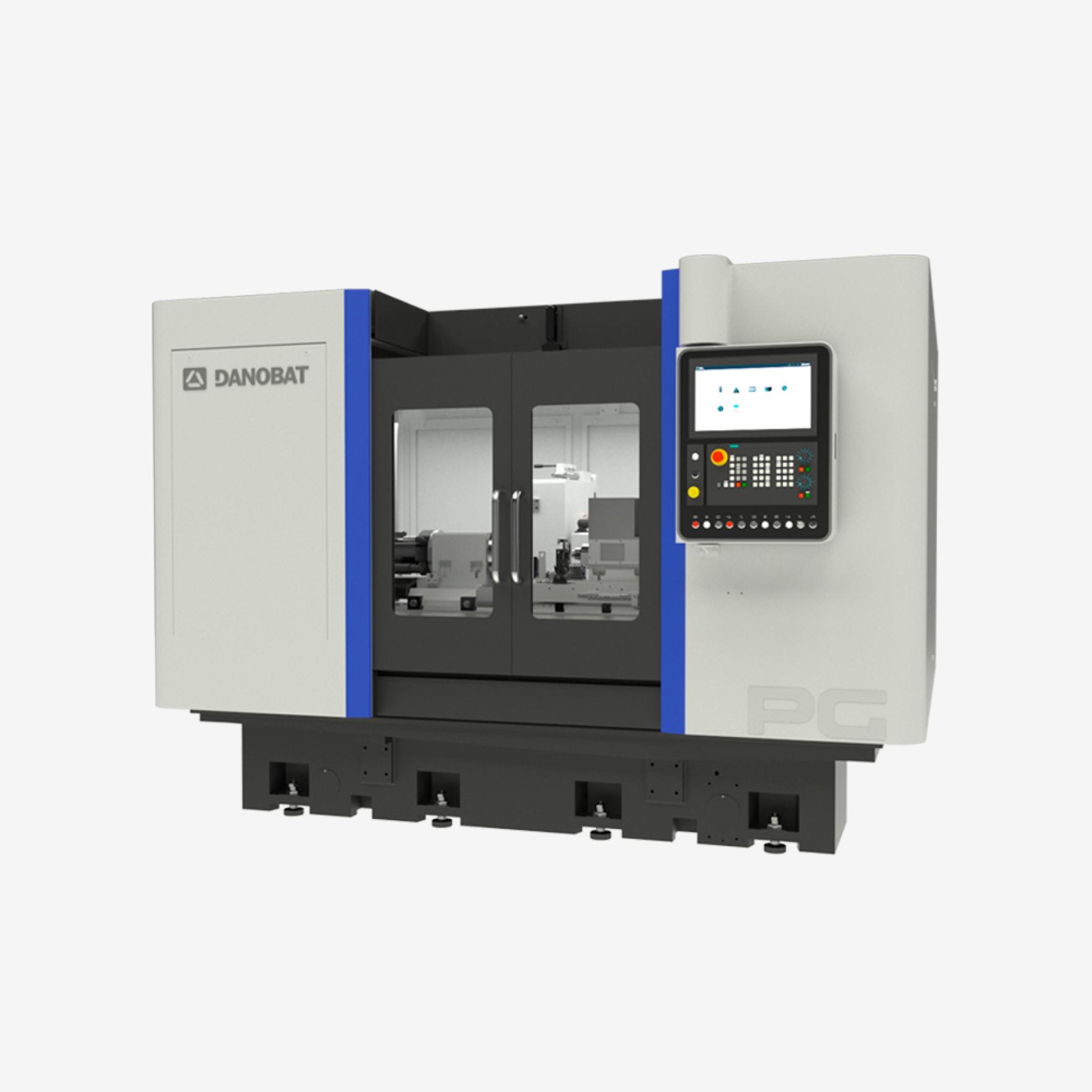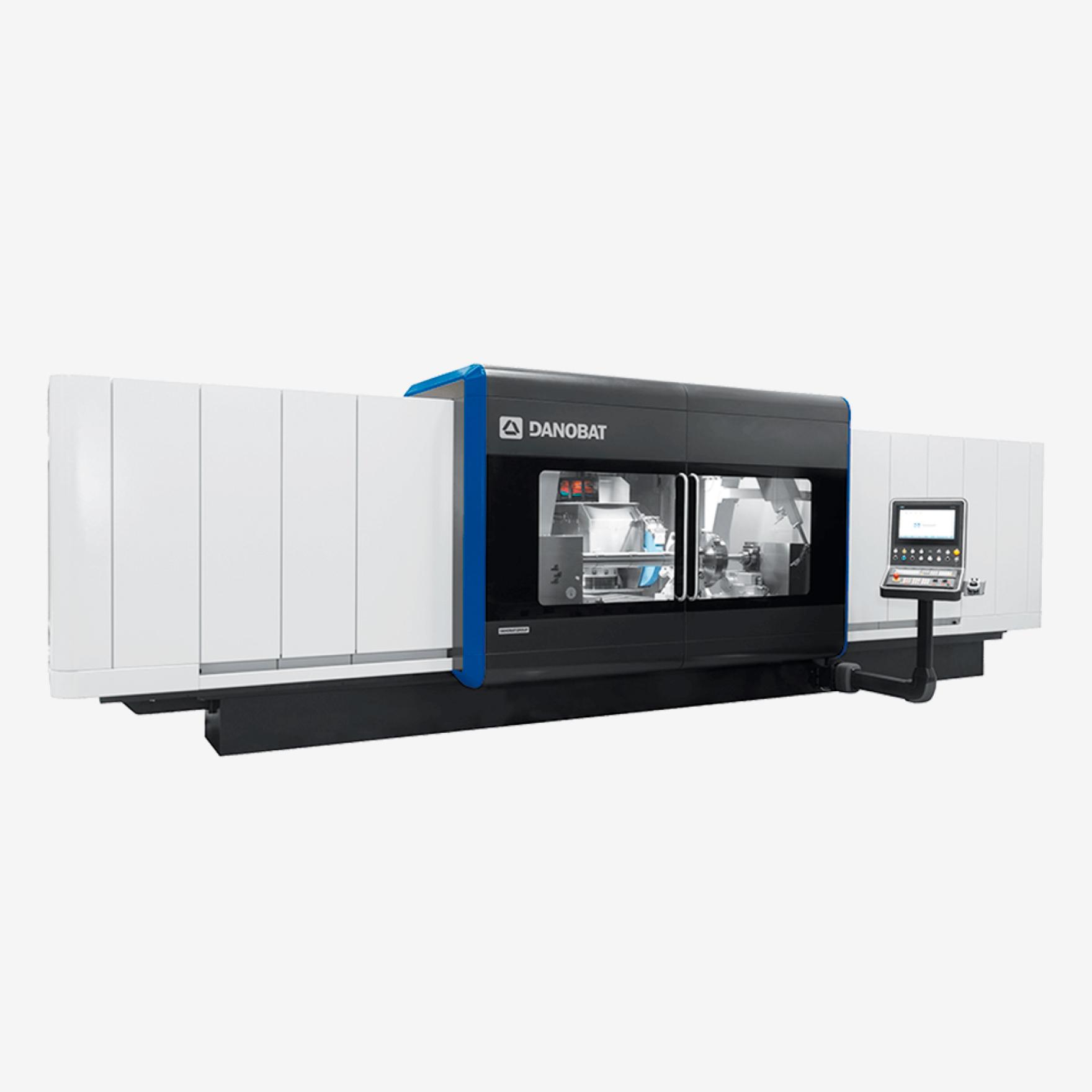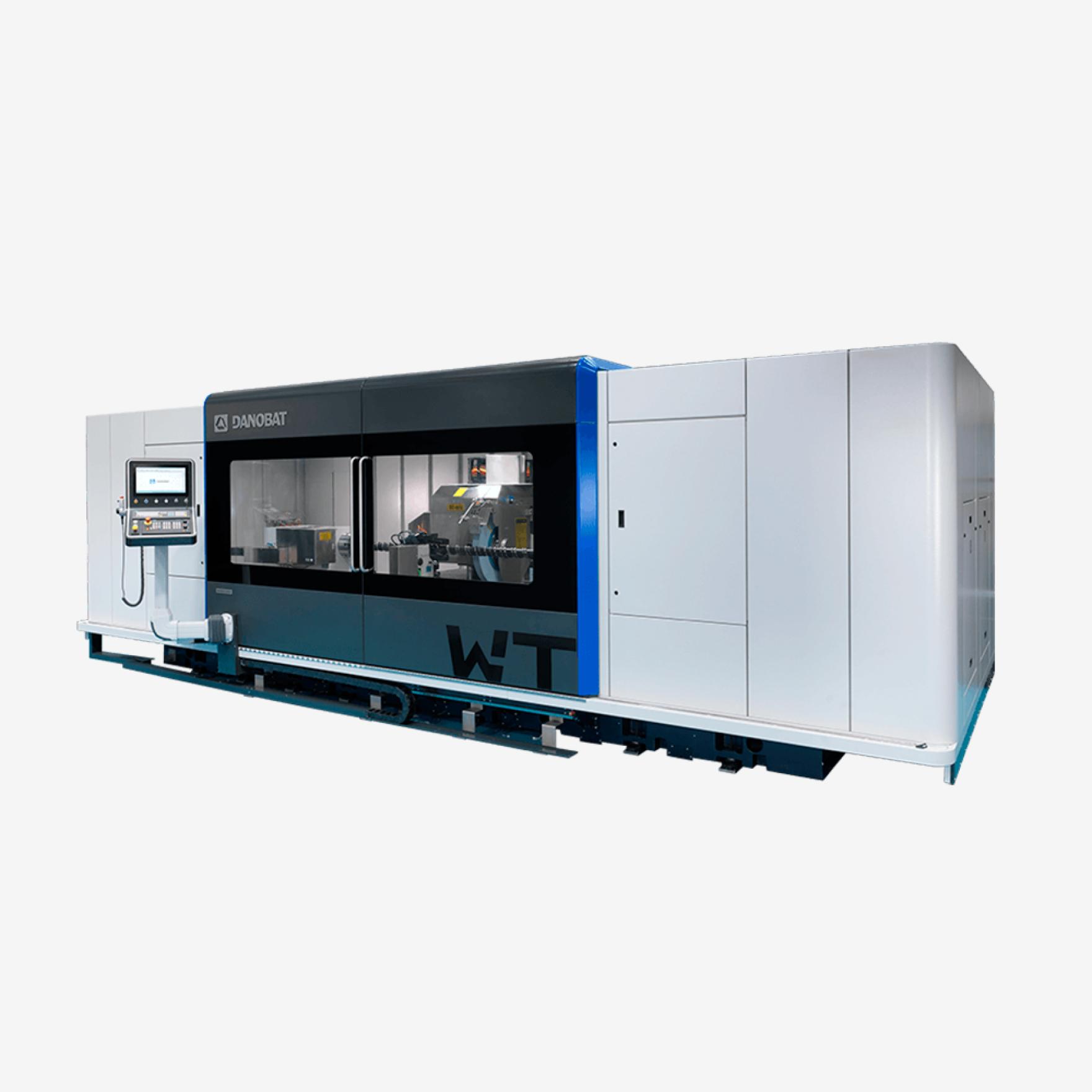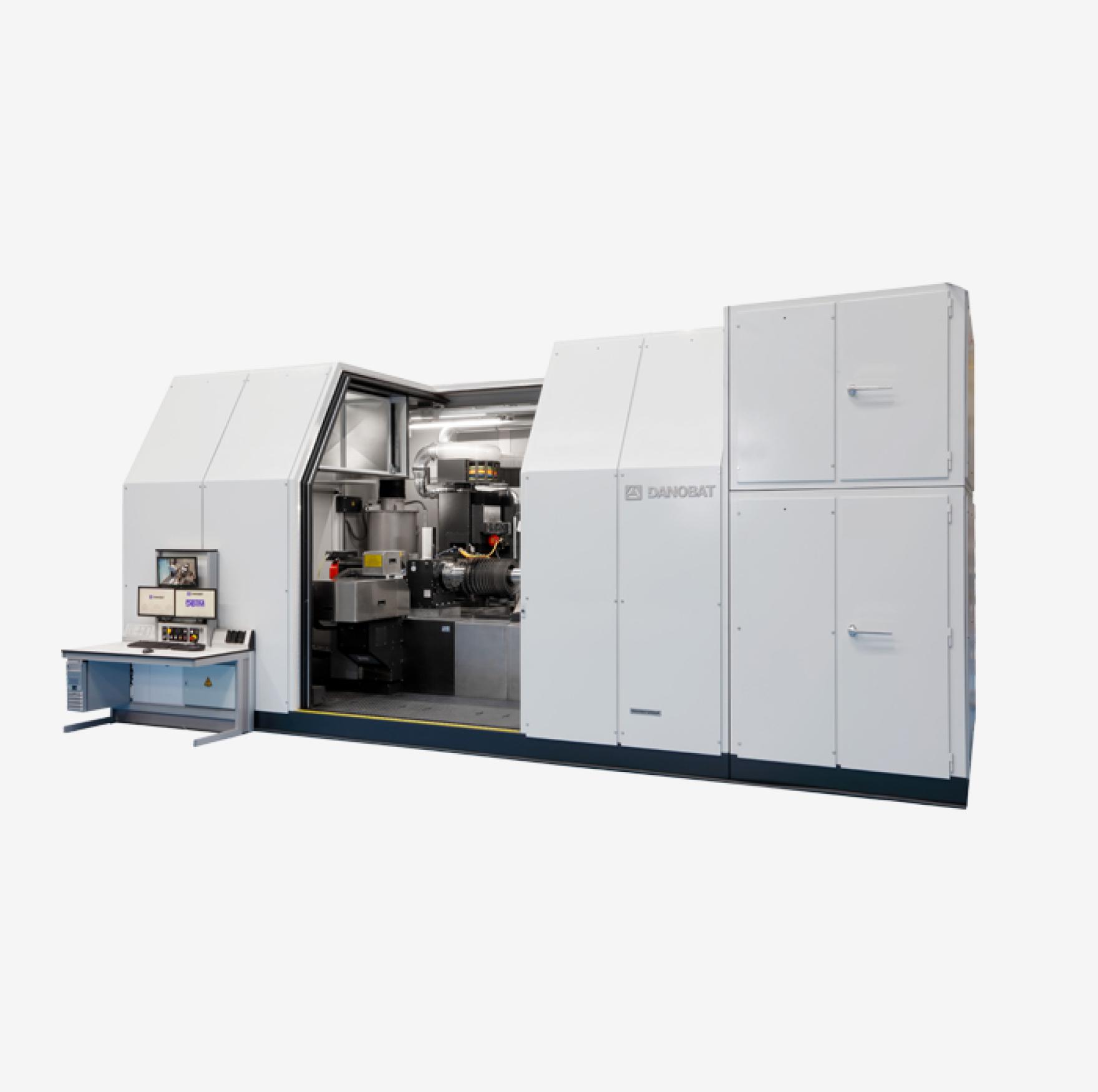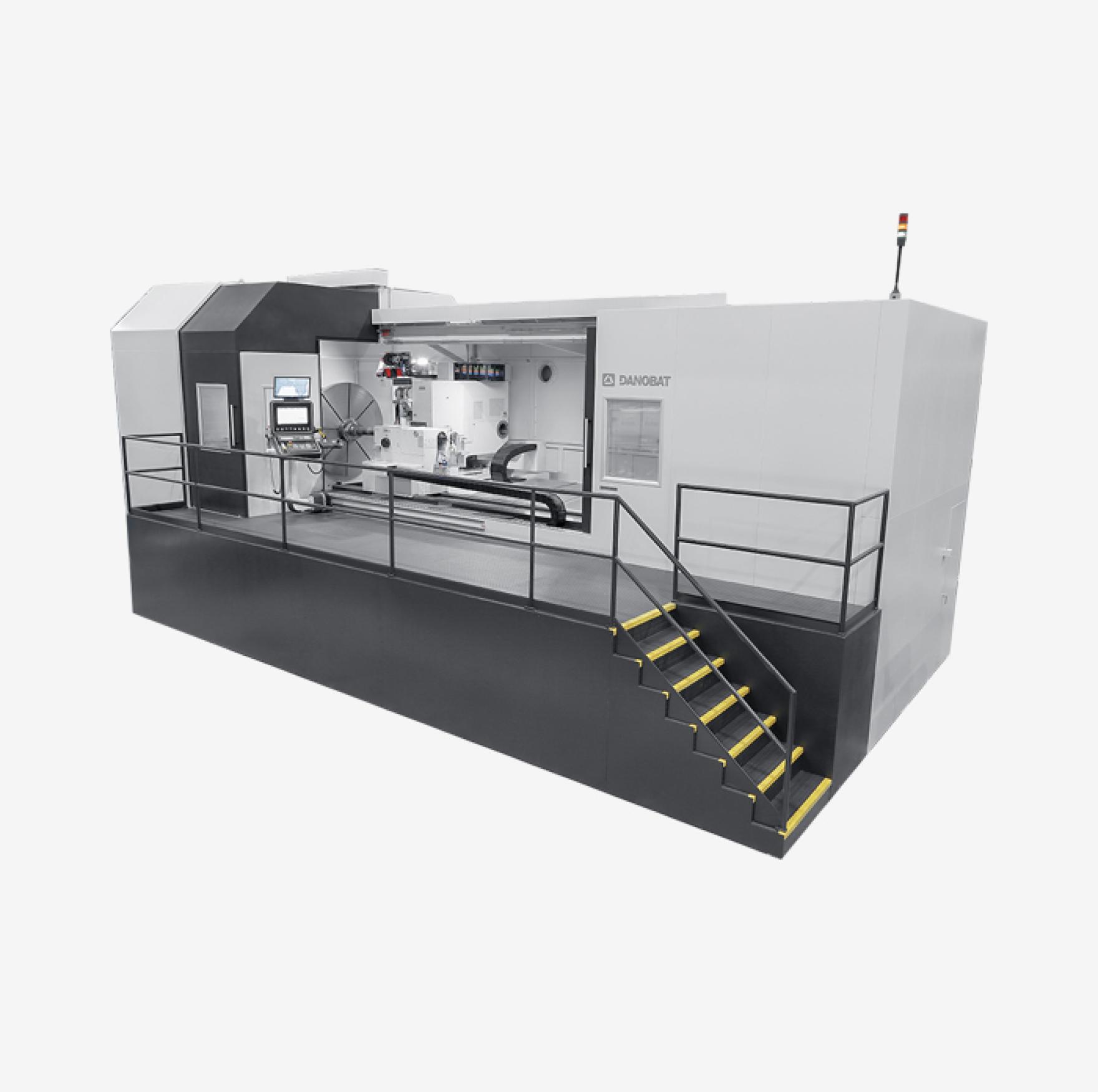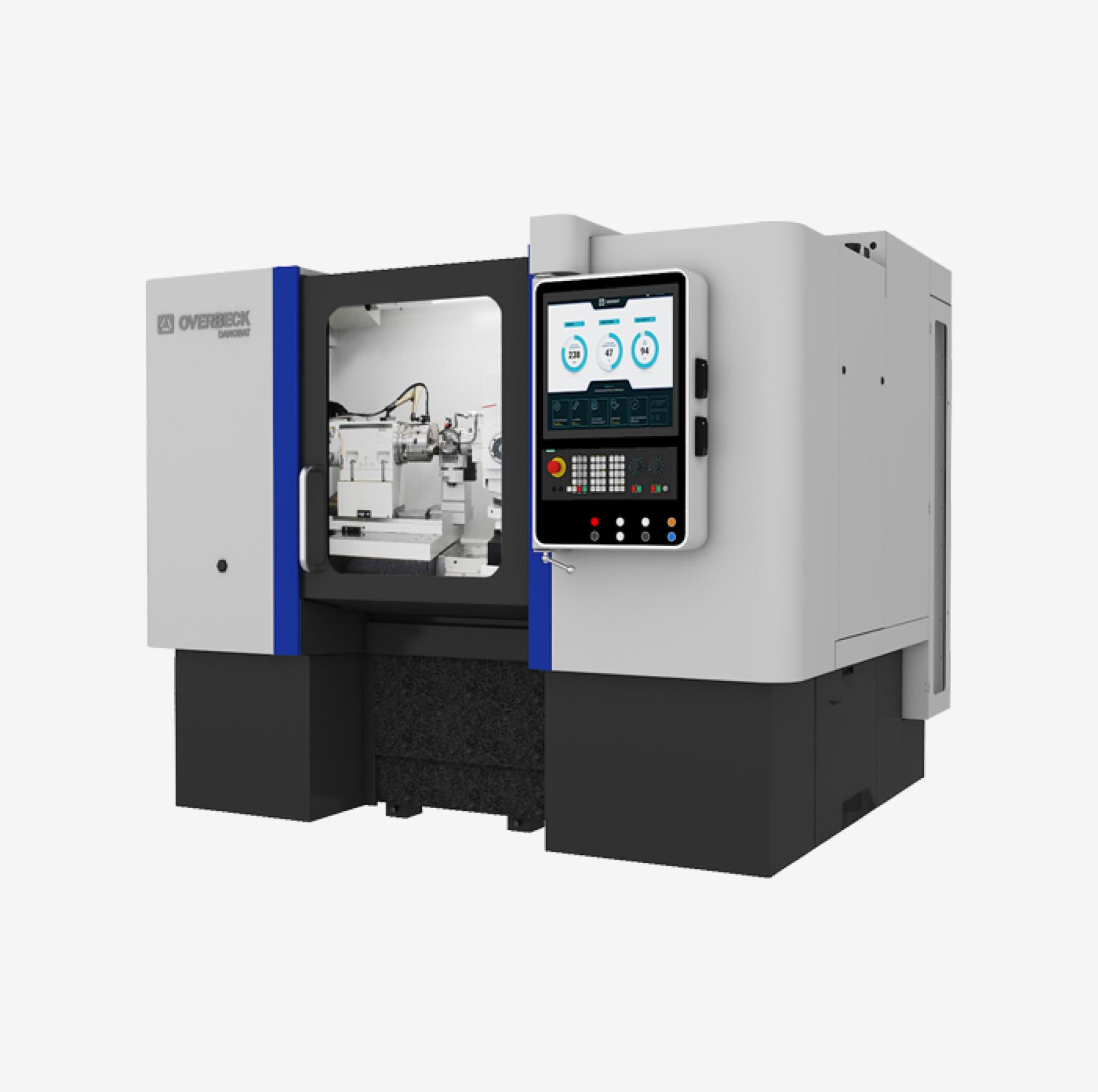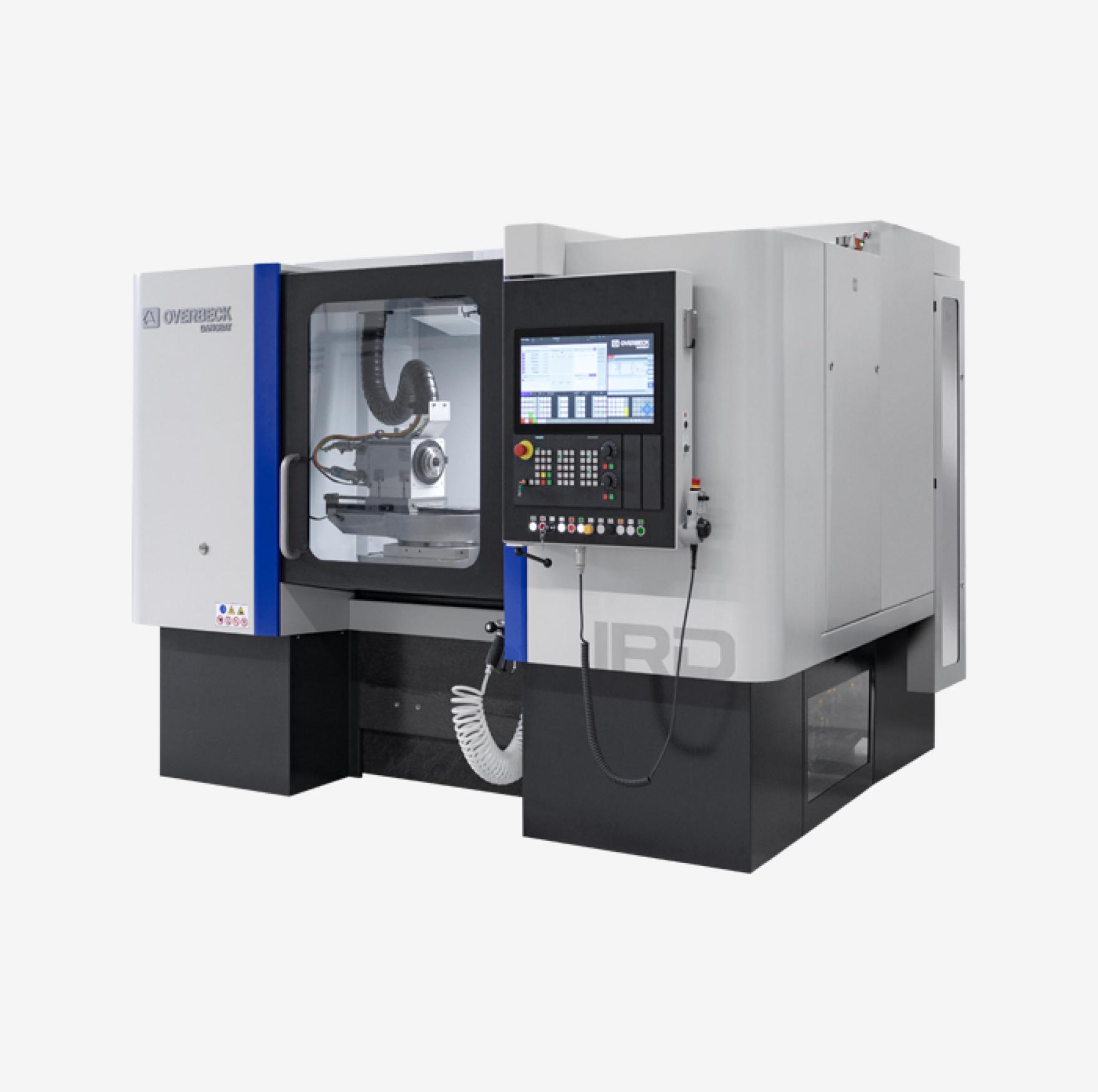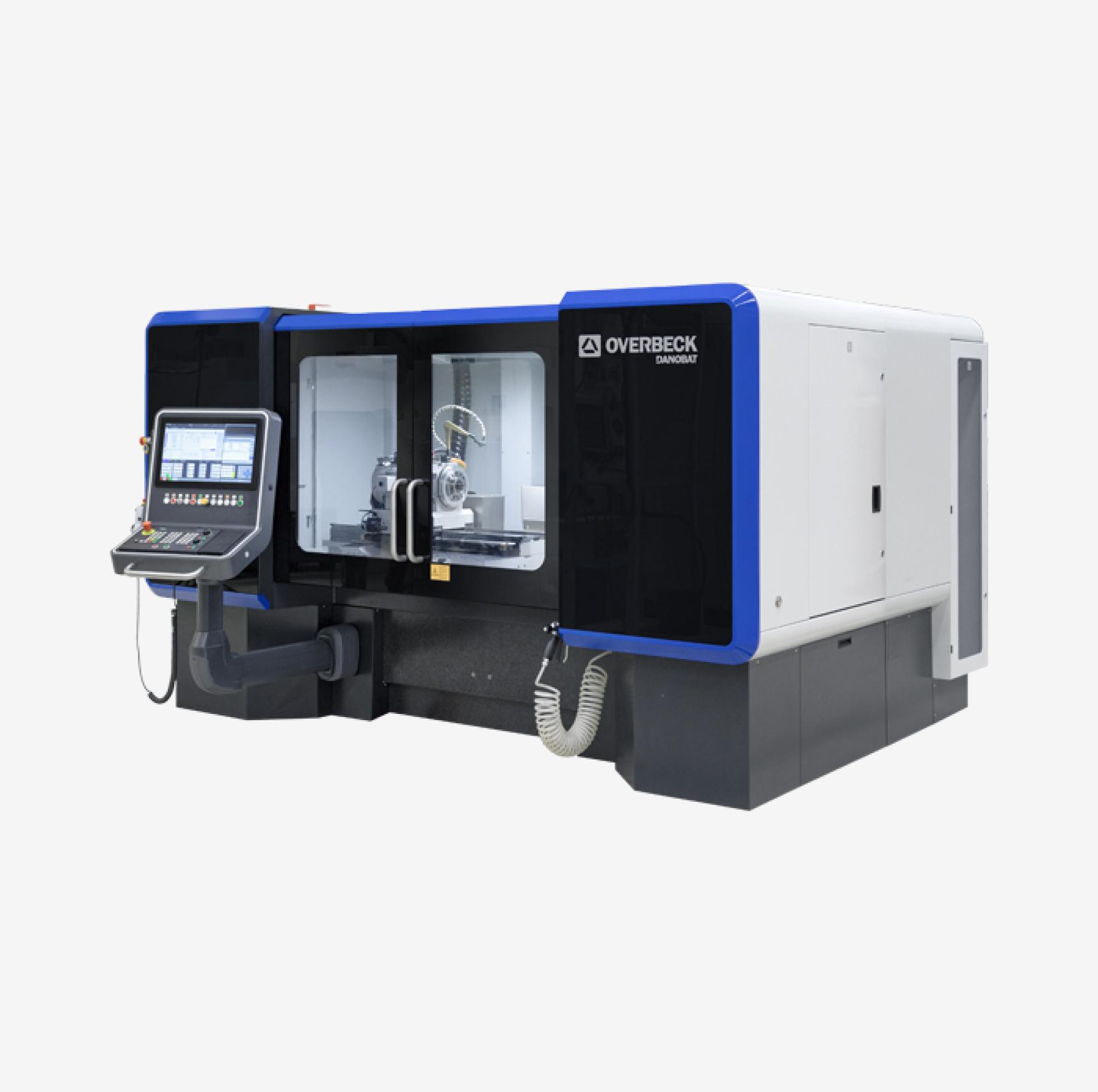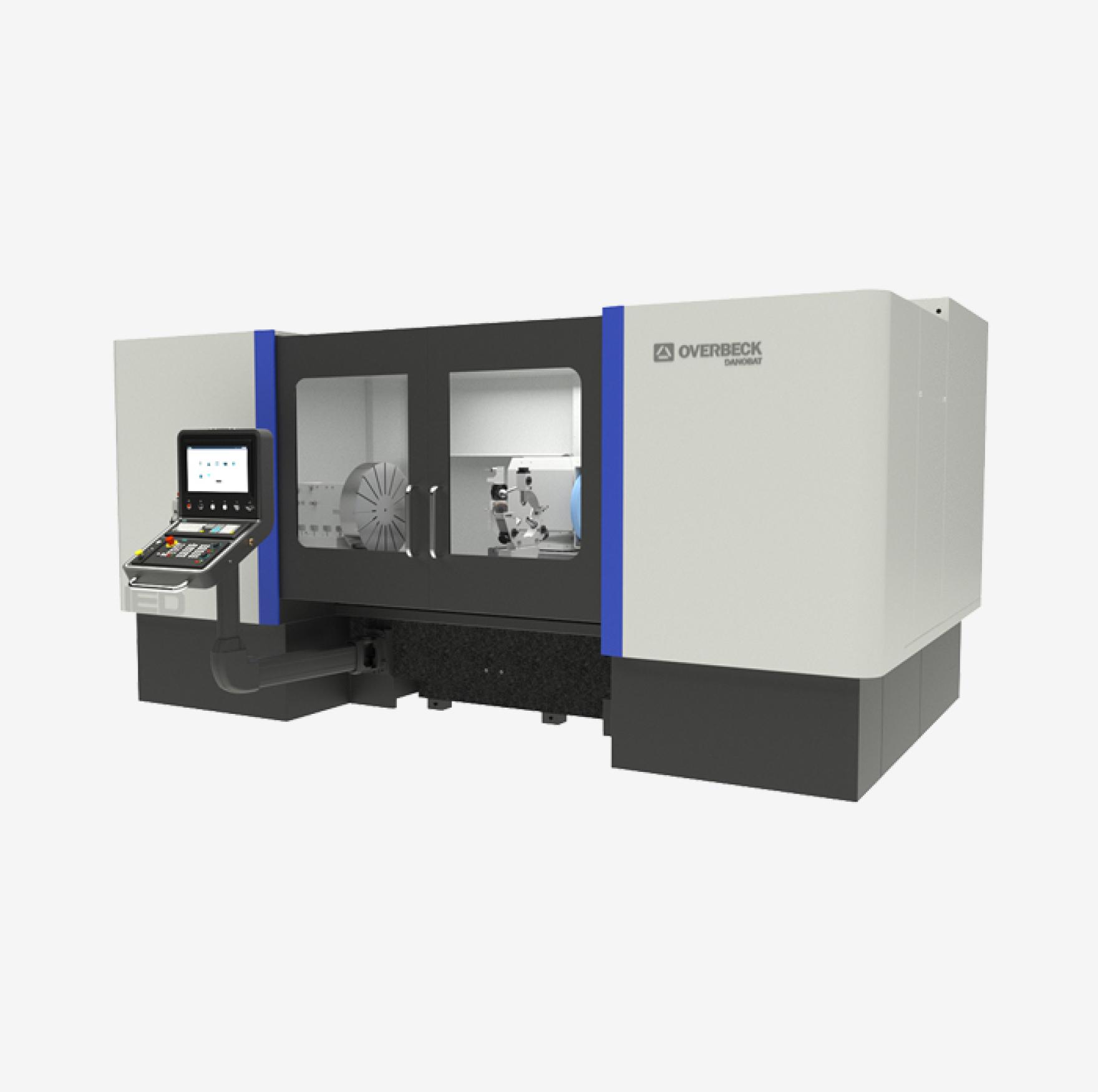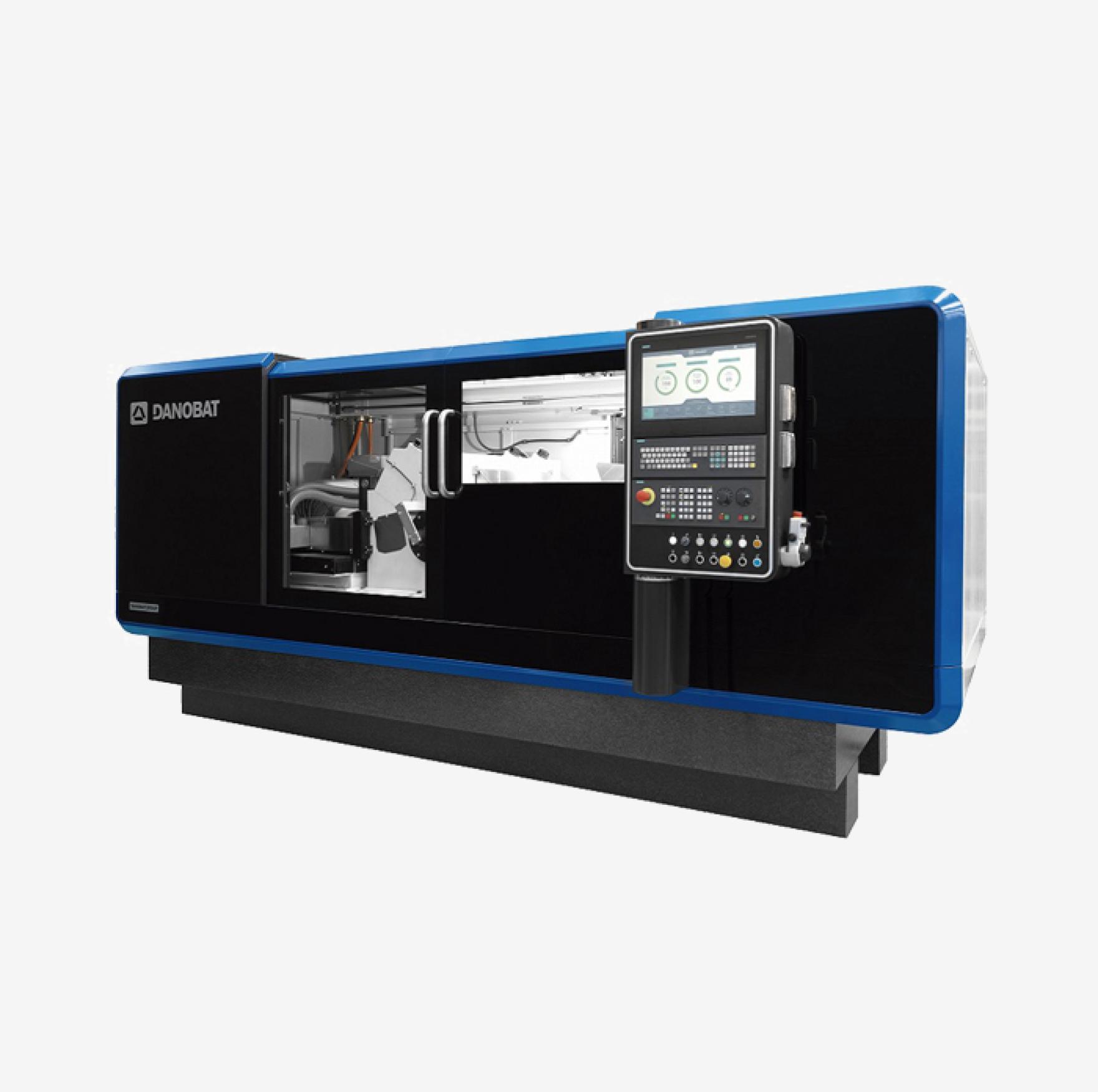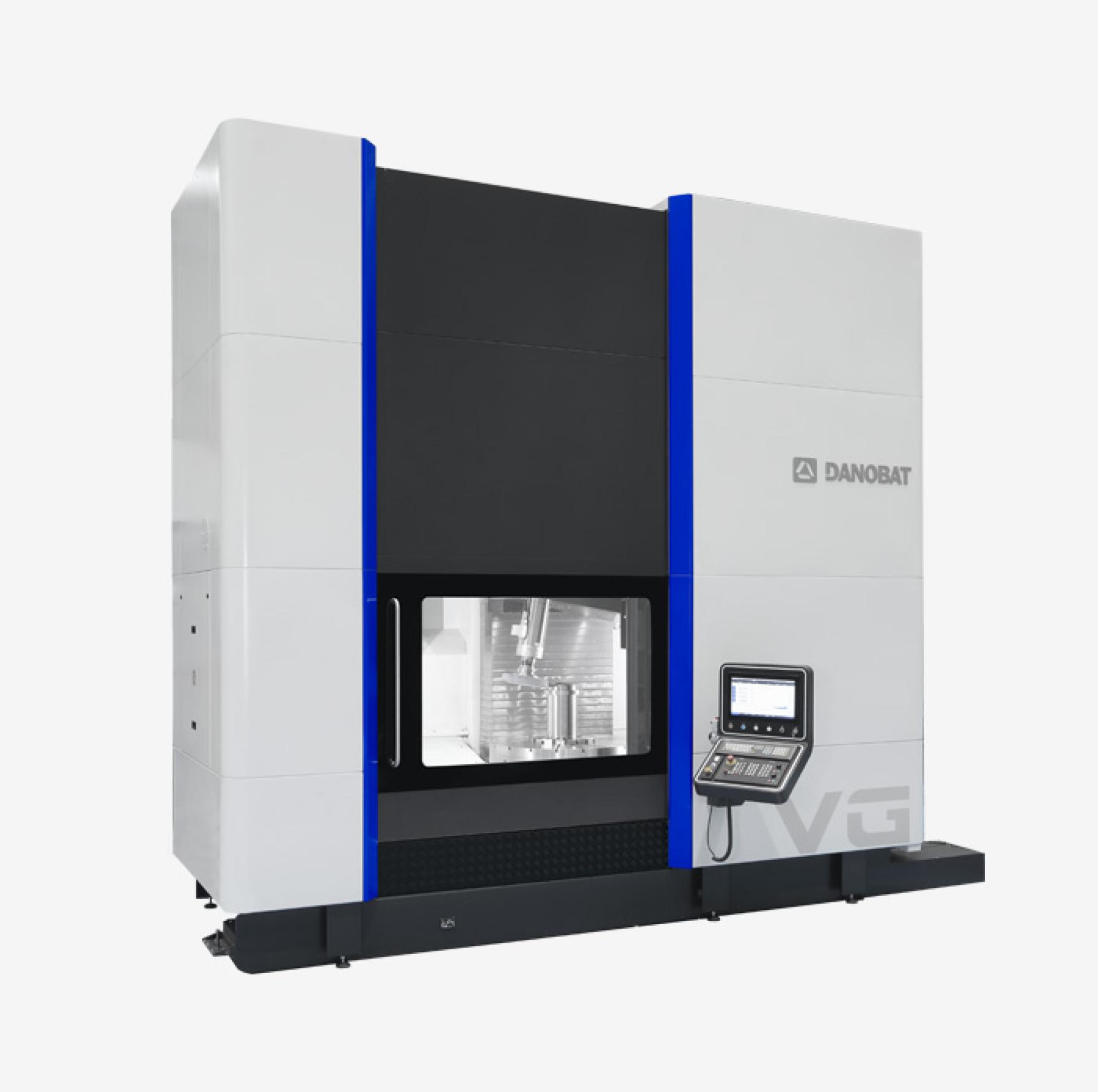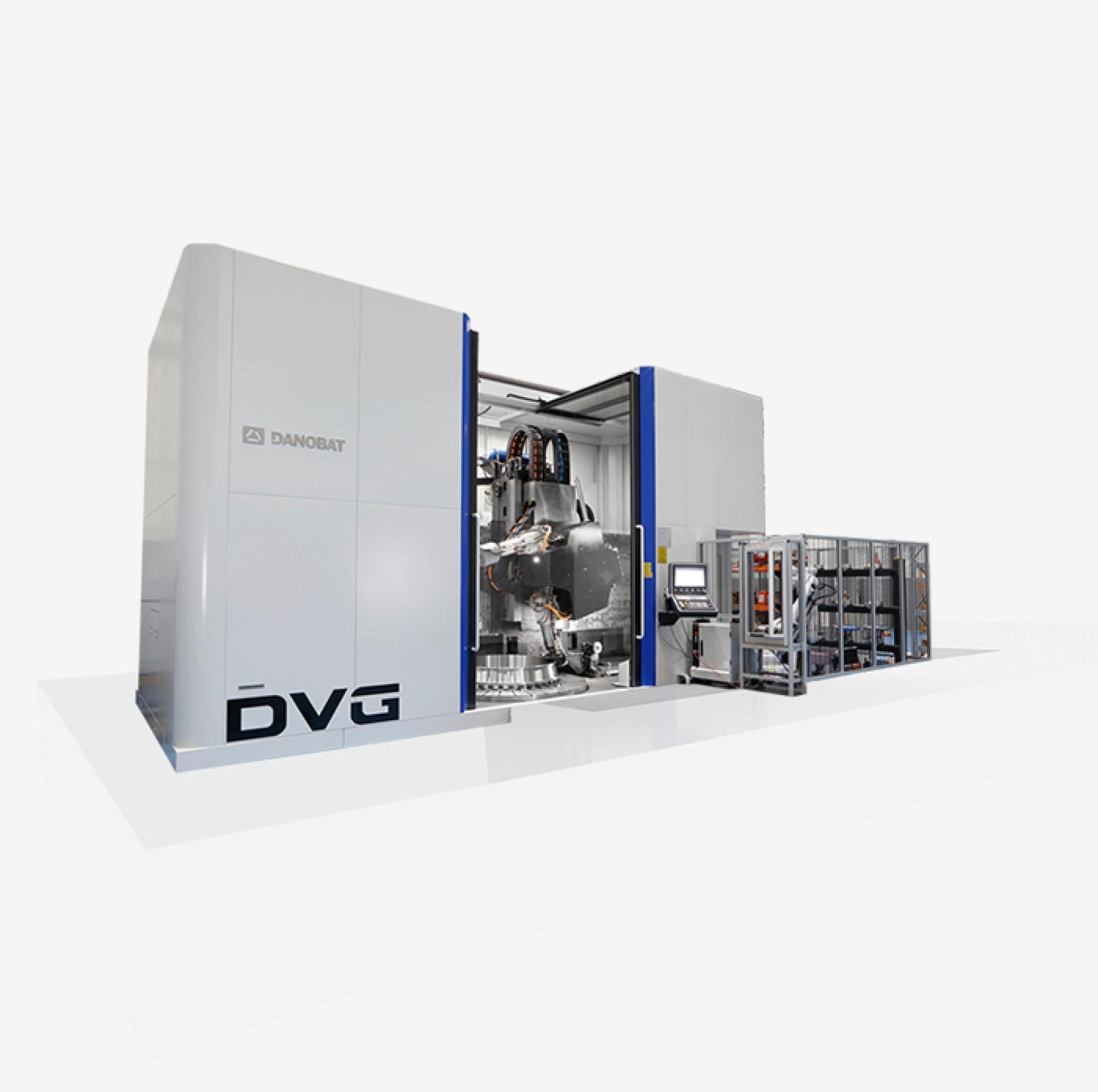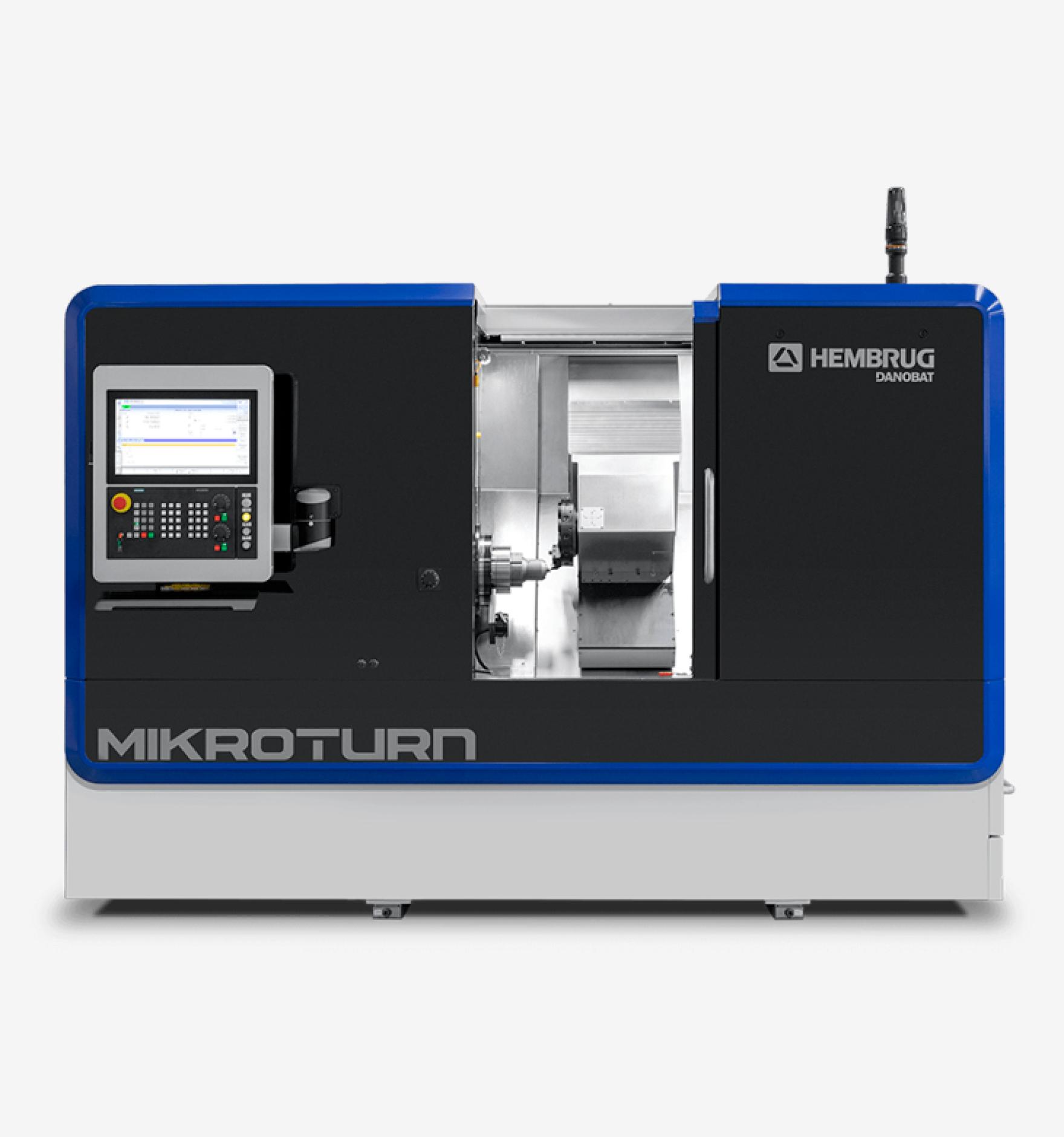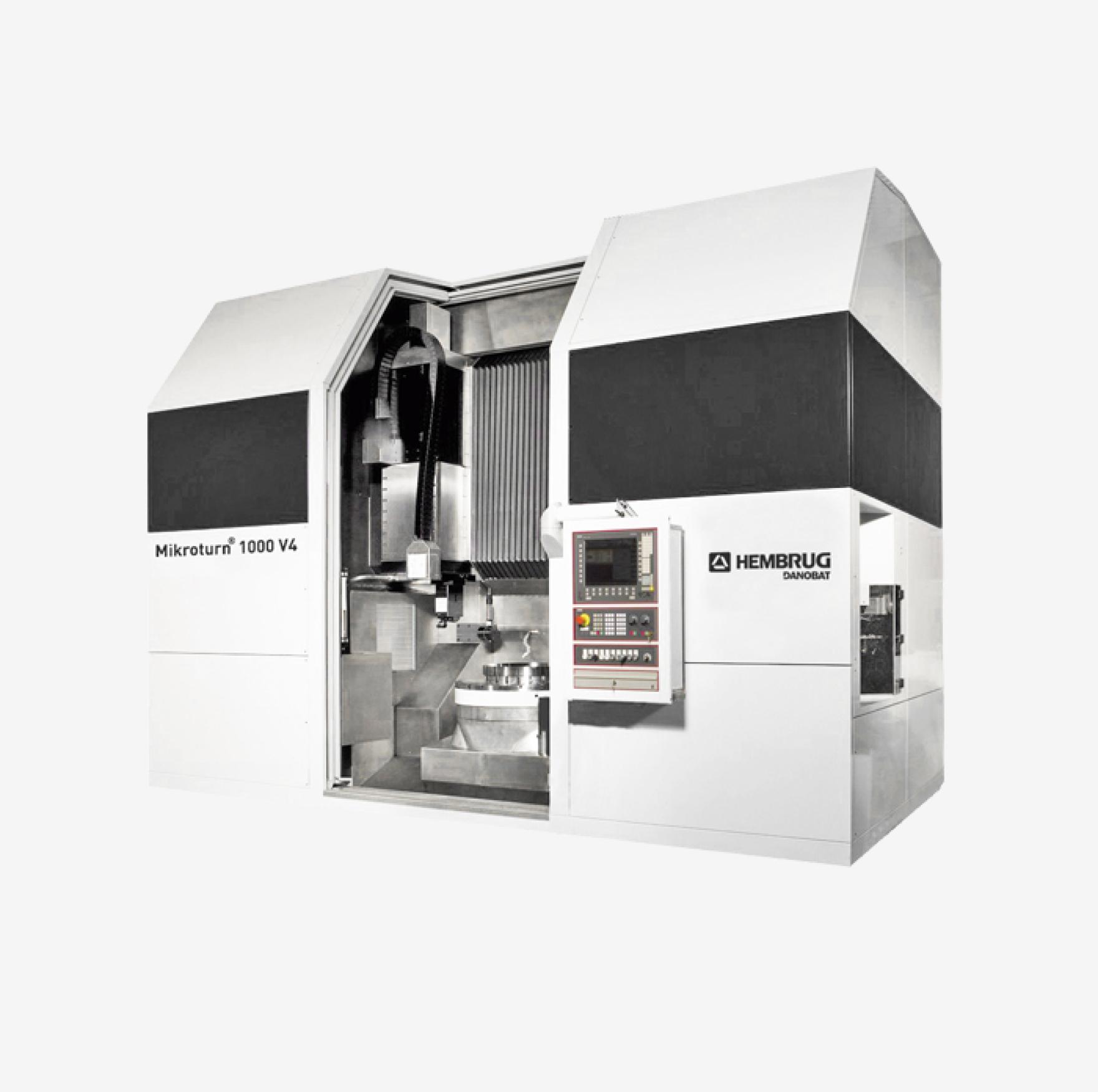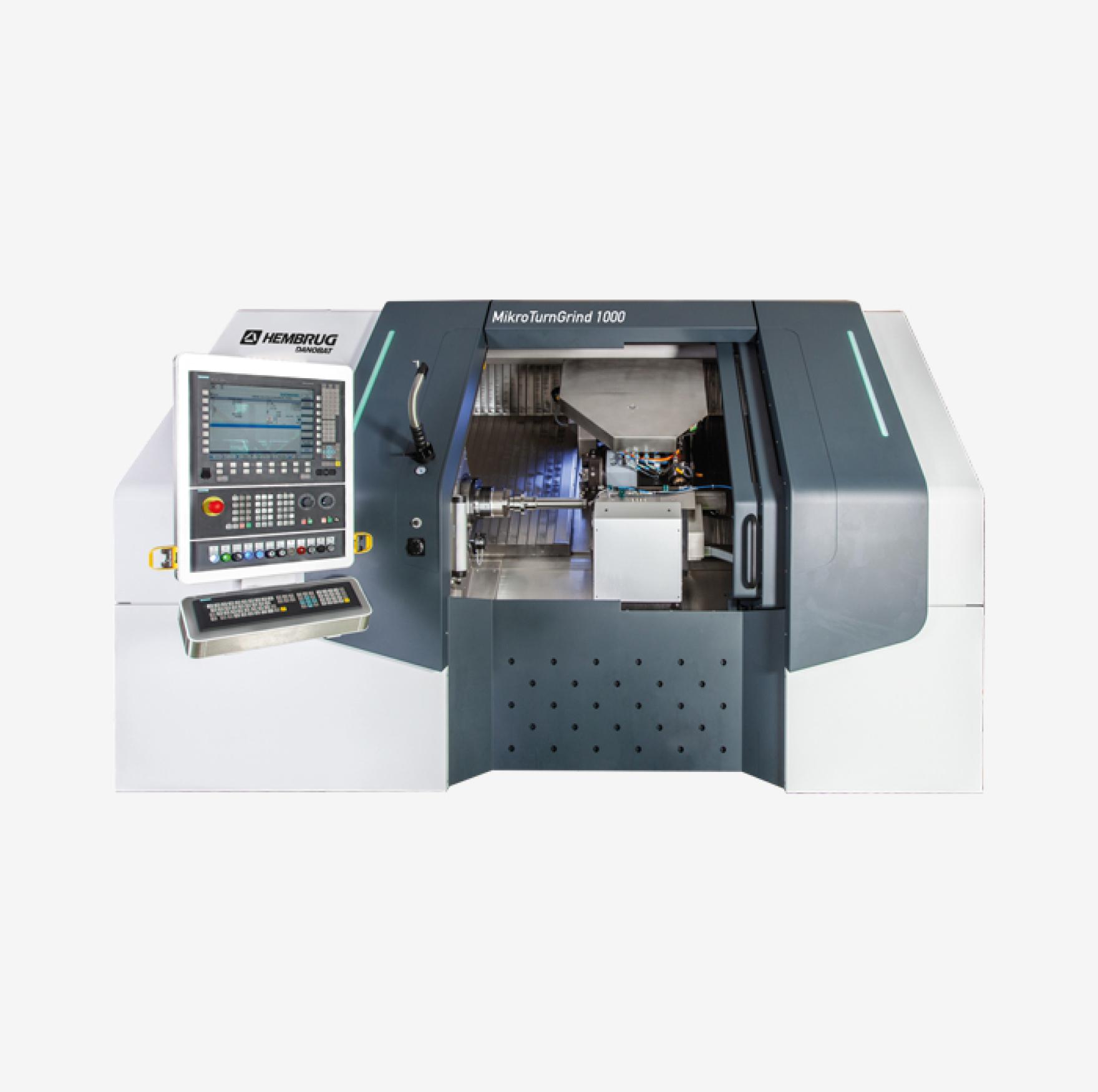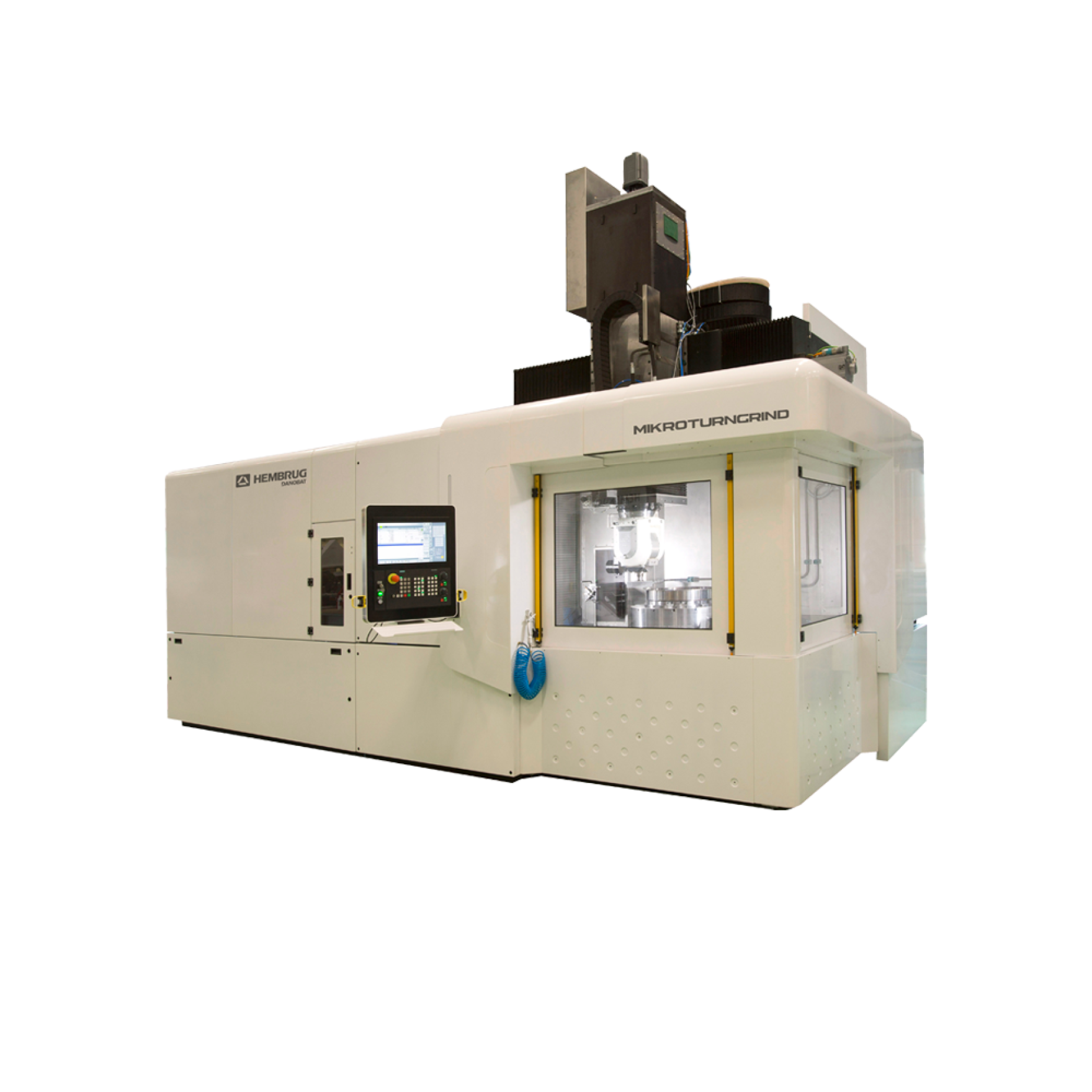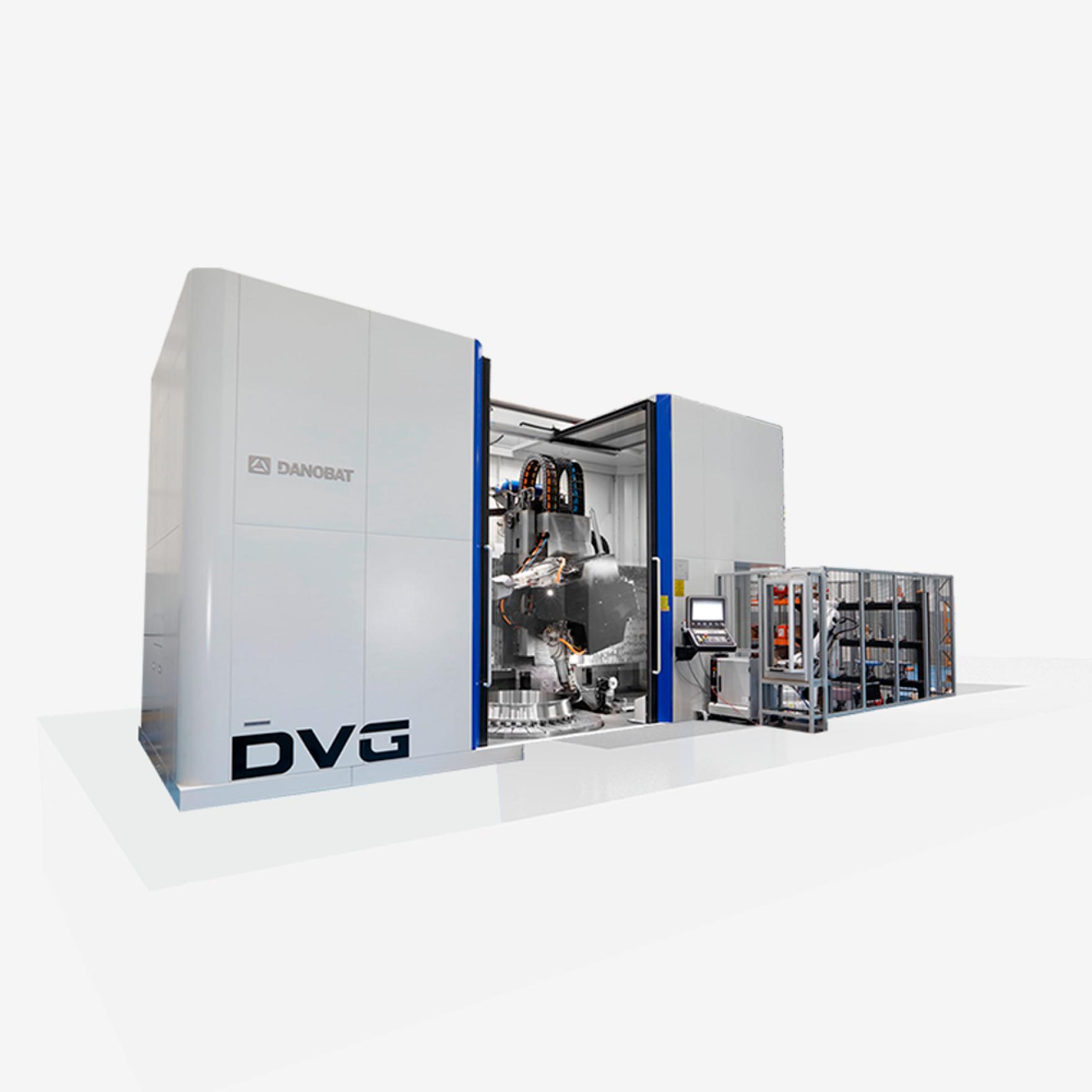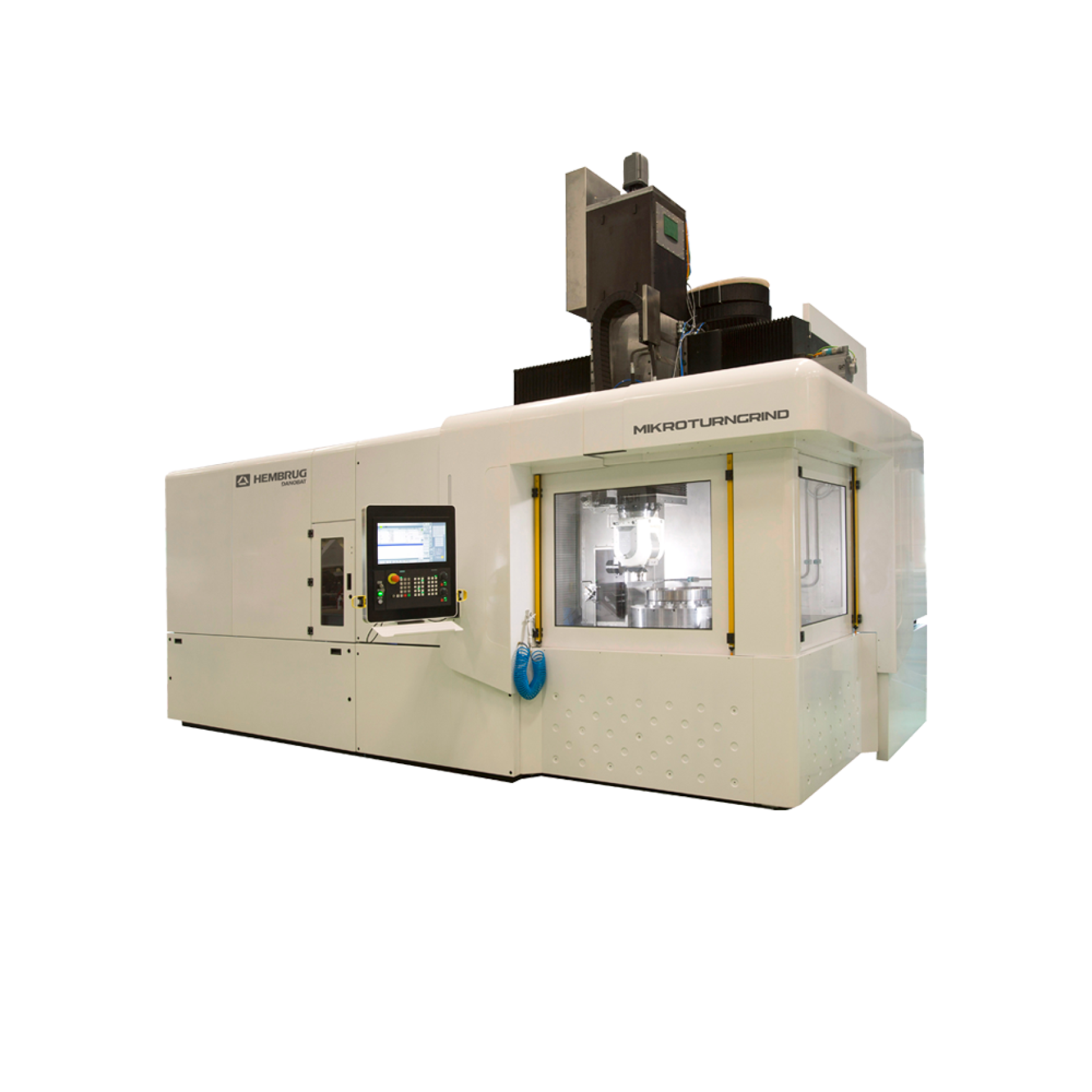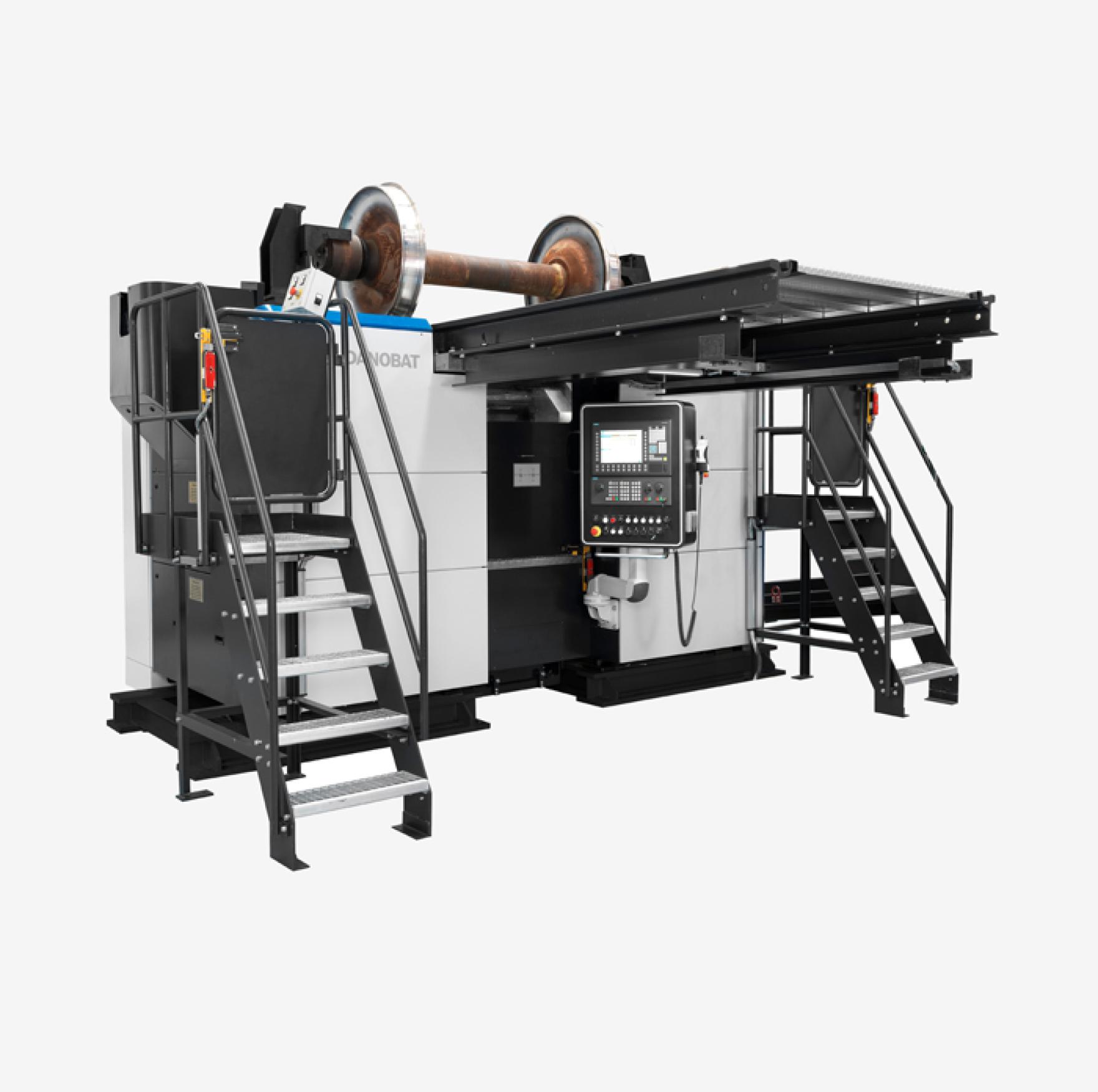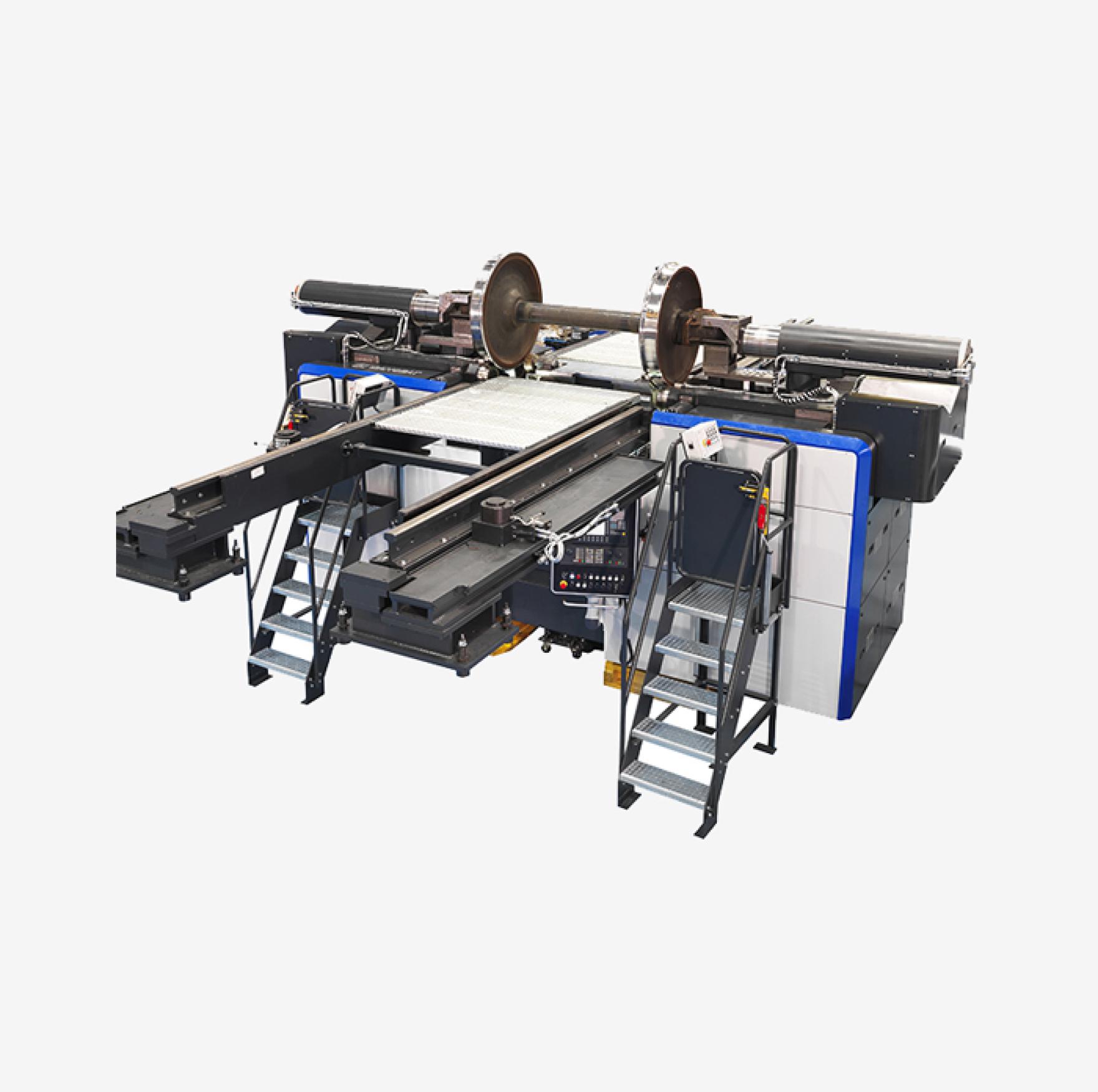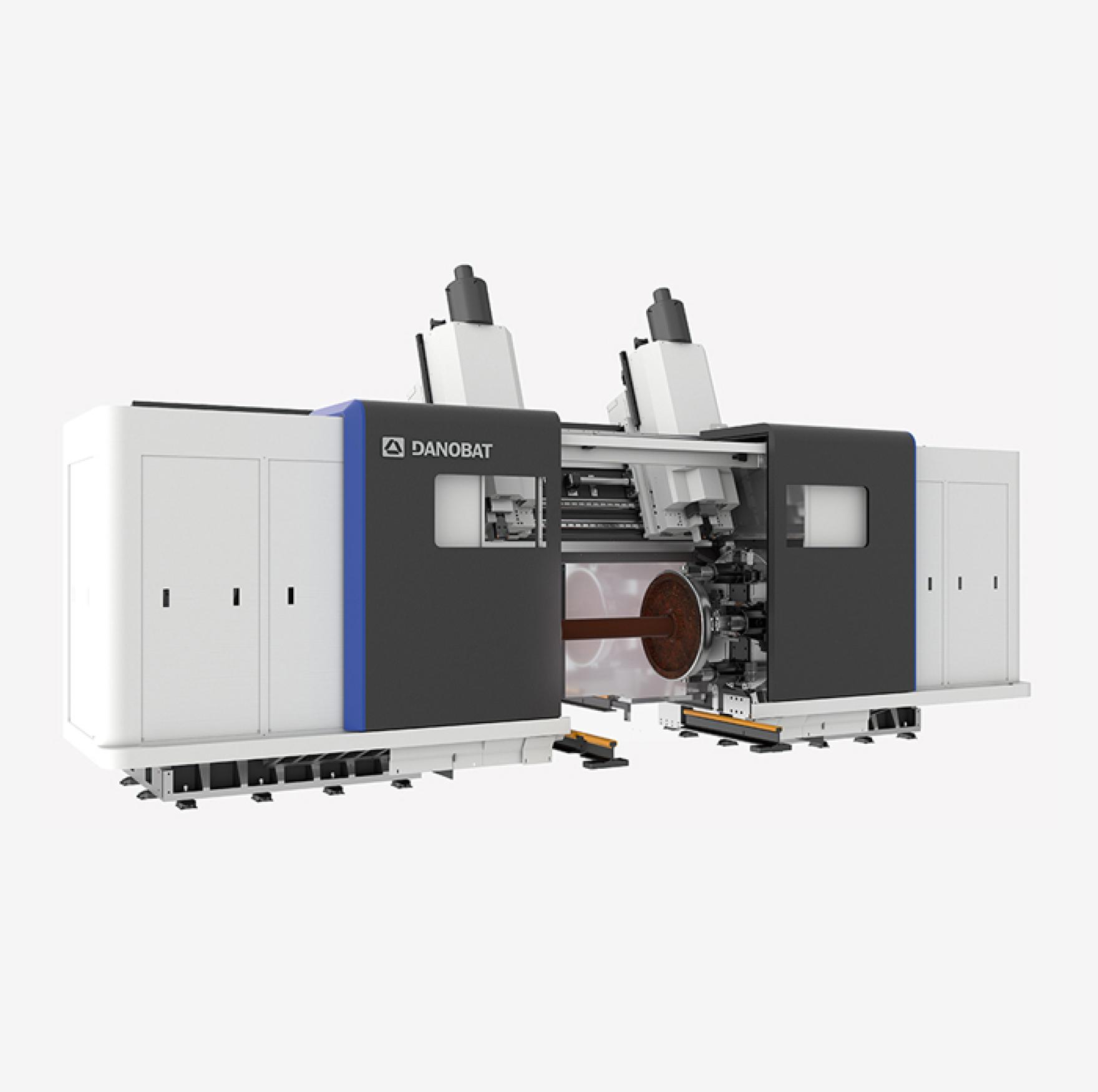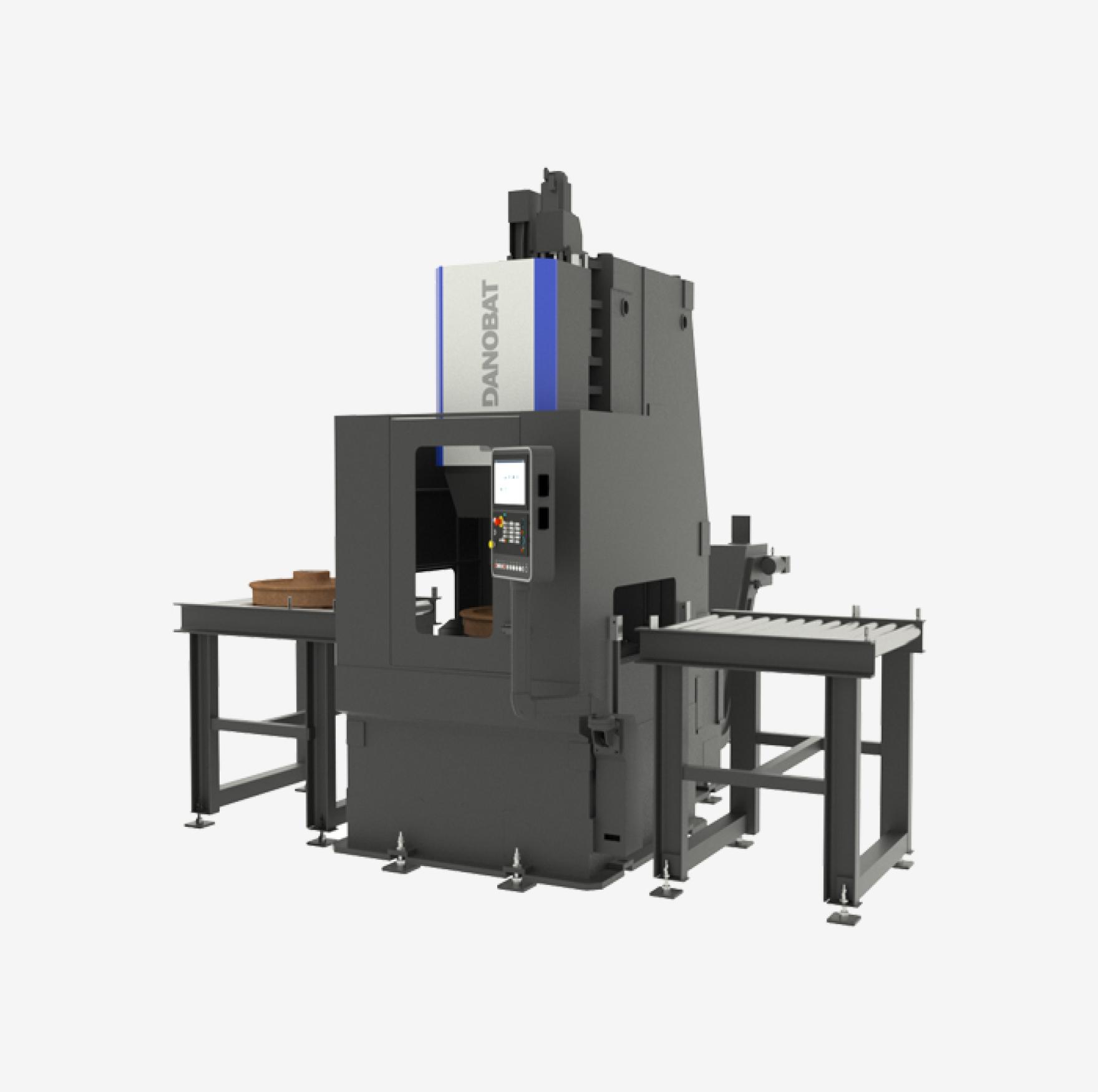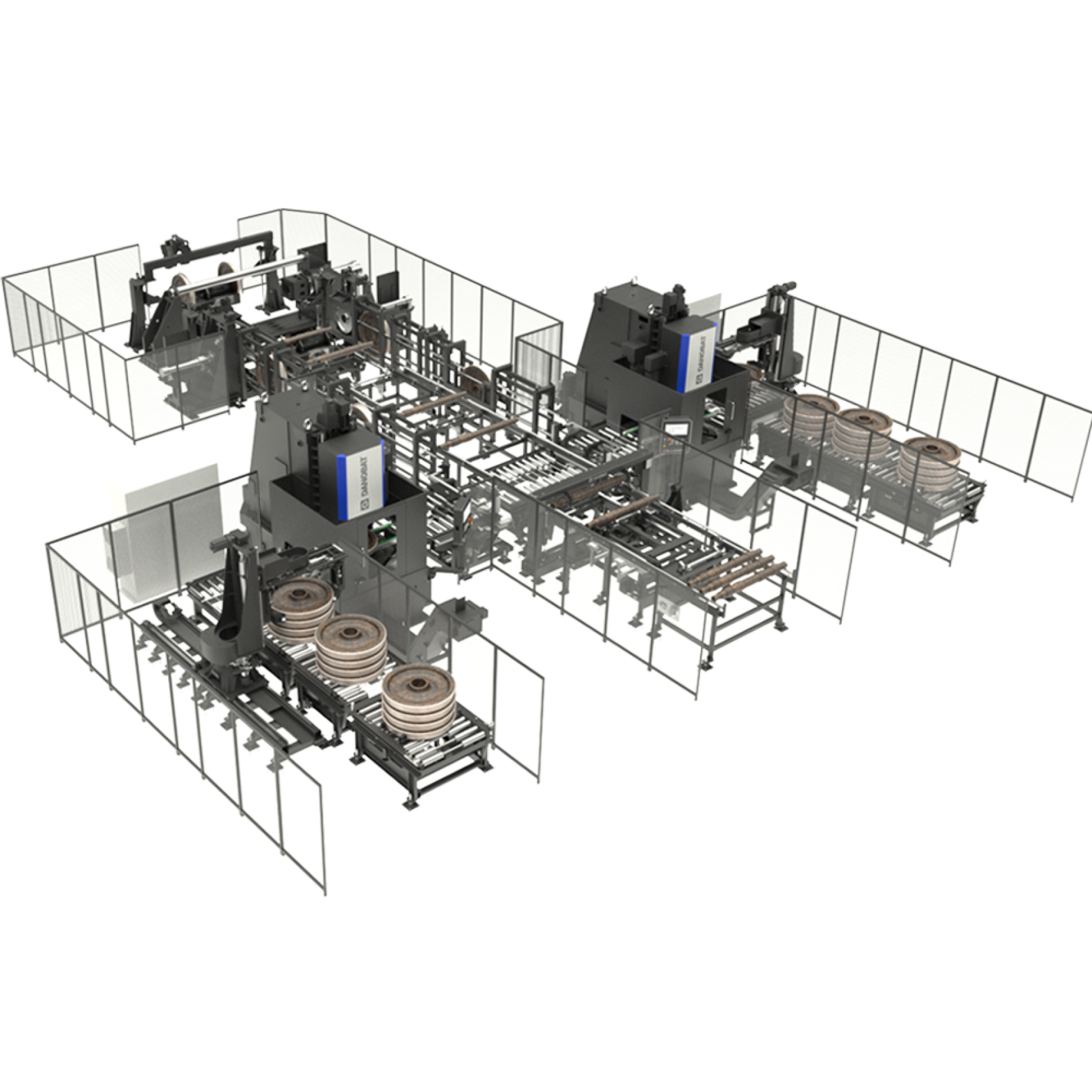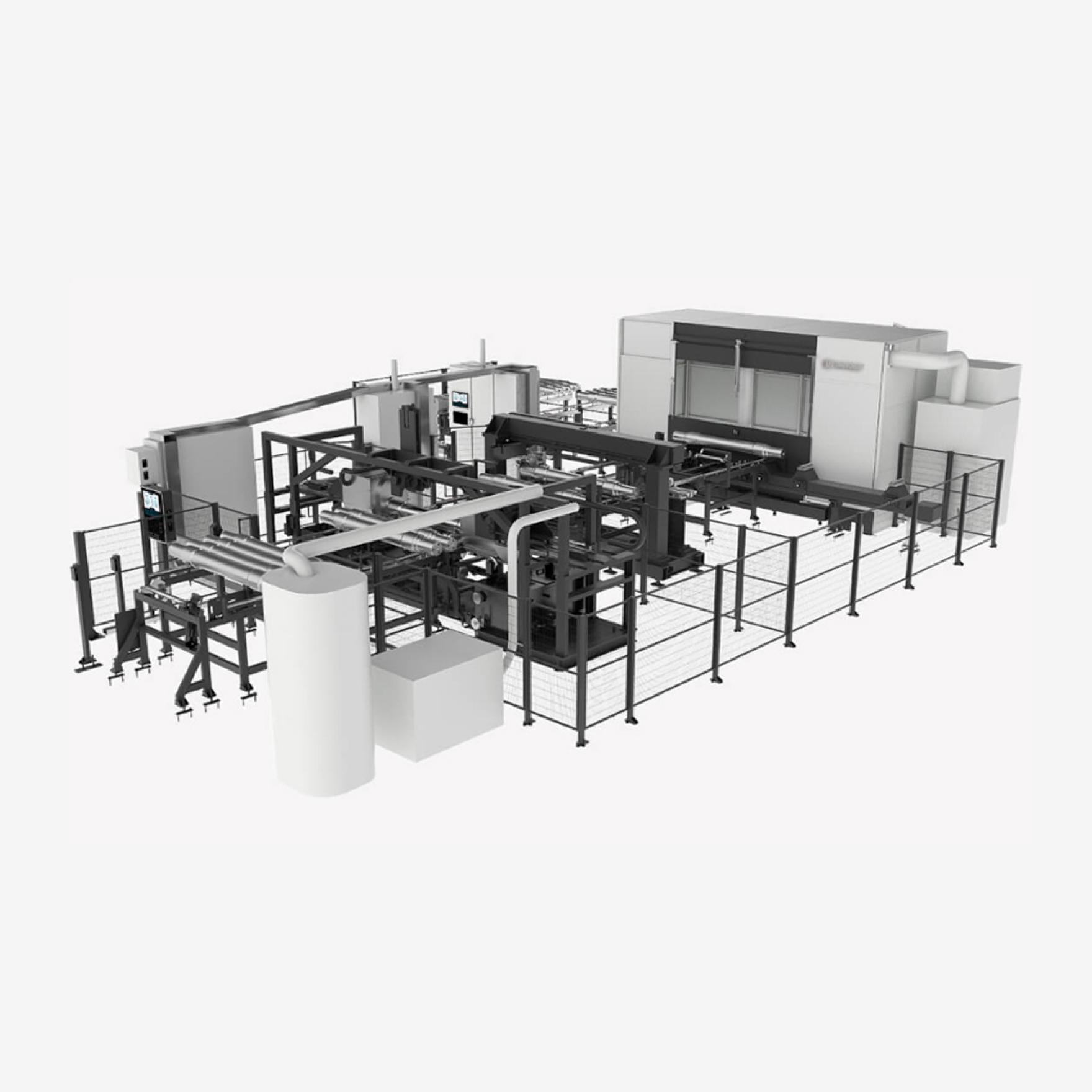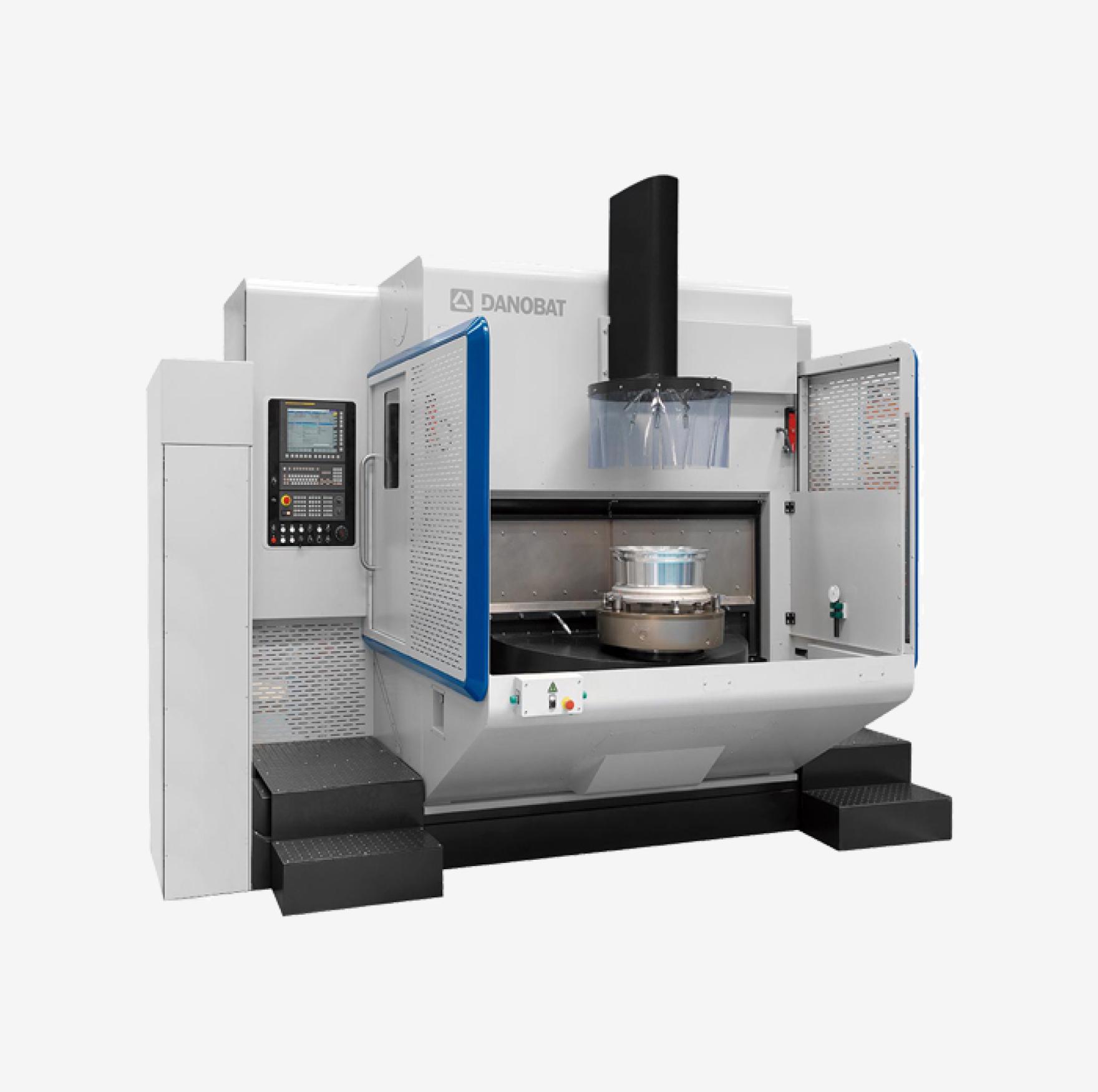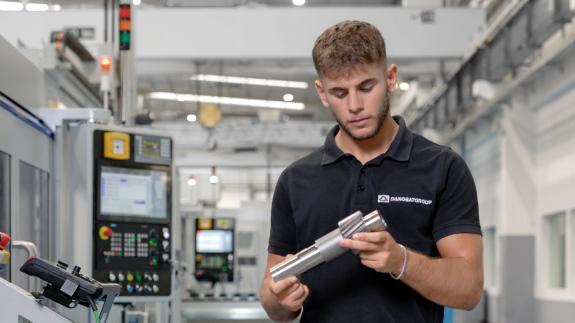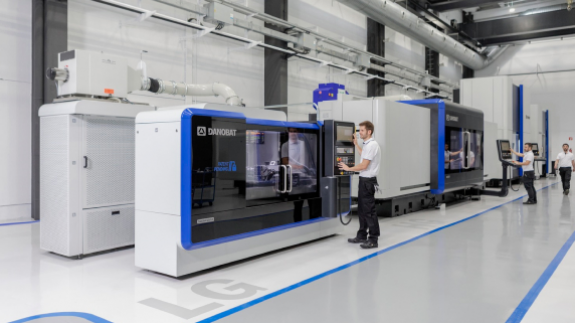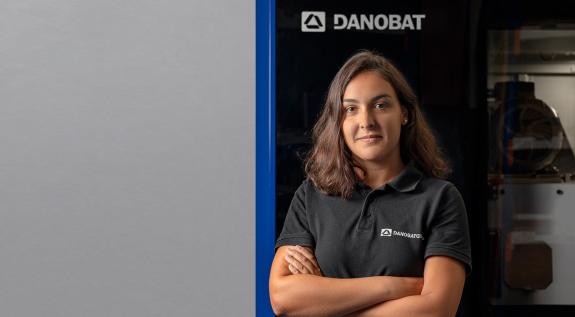Email us
Success story: precision machining for the MetOP aerospace project
- Goimek, a specialist in precision machining and part of the Danobatgroup, participates in the mission with a large number of parts with complex geometries made of demanding materials: titanium and stainless steel
- The secret of its success lies in the ability to manage processes beyond the actual machining - from the supply chain through documentation up to pre-assembly validation
- Goimek, a specialist in precision machining and part of the Danobatgroup, participates in the mission with a large number of parts with complex geometries made of demanding materials: titanium and stainless steel
- The secret of its success lies in the ability to manage processes beyond the actual machining - from the supply chain through documentation up to pre-assembly validation
Goimek has more than 30 years of experience in the aerospace industry. An extensive background in which it has completed countless complex projects involving the machining of parts destined for space missions. This success story, in which it worked for the client OHB Italia S.p.A., is but one example of the company´s ability to meet the most demanding challenges.
The MetOP mission currently has two satellites providing detailed information on the atmosphere, ocean and land, to reliably deliver weather forecasts up to 10 days in advance, a milestone in this field. The mission is planned to be expanded in the coming years, adding six more satellites to the orbit.
Precision machining
The project was commissioned by OHB Italia S.p.A, one of Europe´s three leading aerospace companies. Goimek was responsible for the precision machining of the locking parts for the mirror of a microwave radiometer, a system that is currently part of the MWI Instrument for the MetOP mission. This mechanism holds the mirror in place during the launch of the satellite until its deployed into orbit. This component then releases the mirror so that it can rotate on its axis and transmit the relevant signal for the lifetime of the satellite.
Highly resistant materials
The project required materials highly resistant to space conditions.
- Titanium: the most widely used material in the project, with a significant part of the structure made of titanium. It was chosen for its excellent ratio between weight, mechanical resistance and thermal resistance. These properties make it the perfect material to withstand the extreme temperatures of space. Moreover, the use of titanium for machining precision parts provides a major advantage, especially for the aerospace industry: high mechanical resistance at a relatively low weight. This is a key factor, given that the cost to carry one kilogram into space is around $60,000.:
- Stainless steel: stainless steel parts for the MWI instrument were used to make the mechanism that locks and releases the satellite´s mirror. This provided greater resistance to wear resulting from friction of the parts.
Comprehensive service
Despite its complexity and extreme requirements, Goimek approached the project confidently, as it had met dozens of challenges in the aerospace industry. Its extensive background as a specialist in precision machining enabled the team to provide a comprehensive service.
The first step was the supply chain. Aerospace materials require specific certifications and the management of their storage, processes in which Goimek has extensive experience and knowledge, as well as the ability to adapt to each situation.
The machining of hard materials was the core of the project, although its success also depended on the success of the other processes. Both titanium and stainless steel are highly challenging materials when machined as, among other issues, they tend to adhere to the tools that cut the material. In addition, the complexity increases when it comes to very thin parts because the tools produce vibrations. However, the engineering team joined forces with the quality team to design a specific manufacturing process for each of the parts. A process that also had to be stable and robust to ensure the machining geometry.
Traceability and document management were also part of this success story The aerospace industry requires parts to be documented:.
- Material origin and composition
- Certificates of heat and surface treatments
- Measurement logging
- Detailed control reports
- Dossier describing the production of each part
Success in this type of scenario lies in the combination of all these processes, carried out with complete precision and professionalism, but factors such as the ability to adapt play a key role. This characteristic is intrinsic to Goimek and this case reflects it faithfully. The client needed to check the correct operation of the mechanism before receiving it at their facilities. For this reason, the team worked side by side with the client in the validation and pre-assembly of the equipment, a task that made it possible to identify a number of improvements in the design.
It should be noted that neither this nor any of the previous work with clients in the space industry would have been possible without Goimek´s EN9100 certification. This certificate verifies our company as a manufacturer of parts that will be sent into outer space.
Learn more about precision machining of aerospace components, click here.
About Goimek
Goimek is a company specialised in high precision machining and large machining operations, delivering comprehensive and specialised solutions to clients in industries such as aerospace, machine-tools, power generation and capital goods. The company is part of the Danobatgroup corporate group and covers all the needs across the machined parts supply chain, from the procurement of raw materials to the testing and certification of the machined parts.
About Danobatgroup
With a 65 year background in industrial manufacturing, Danobatgroup has more than 1,300 highly qualified employees. The group is an international benchmark player in the field of machine-tools and advanced production systems.
